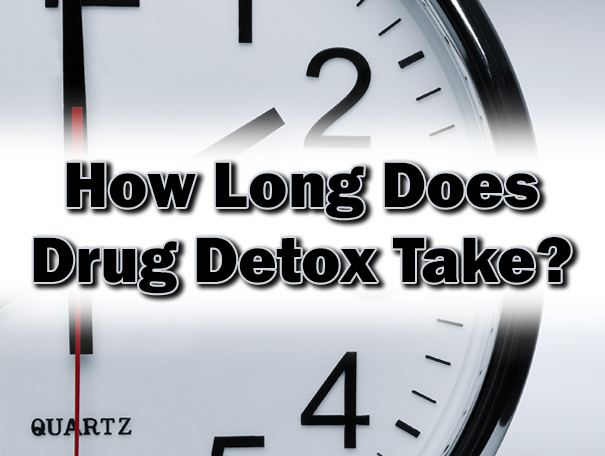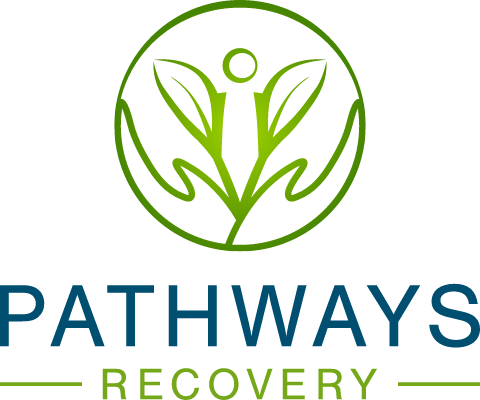Addictive substances change the body’s physical and psychological functioning. Over time, most individuals experience a level of dependence on the substance and suffer if they can’t access another dose. Even caffeine requires detox. Alcohol and harder drugs like prescription painkillers and cocaine may require the help of our California drug detox before a person can begin the psychological healing process.
What Is Detox?
After a certain period of time without addictive substances, individuals start to experience withdrawal symptoms. The body craves another dose. When it doesn’t receive the drug, the brain may go into overdrive and experience an extreme reversal of symptoms compared to the drug’s effects. Signs and symptoms often appear shortly after a user abstains and may affect the mind and body for extended periods of time. Detox describes the timeframe when someone avoids a certain substance in an effort to rid the body of chemicals and toxins associated with drug addiction.
Detox will happen naturally given enough time, but medical professionals can use certain substances to counteract withdrawal symptoms and hasten the detox process. Every individual is different and may require a different approach, but some trends in detox timelines remain consistent for the general population.
Types Of Drugs And General Detox Timeframes
Different drugs affect the mind and body in different ways and may contribute to specific withdrawal symptoms. Consider the general timeframes for some of the most addictive substances recovery centers treat:
- This class of drugs includes medications such as Xanax, Klonopin, and Valium. Depending on the individual, withdrawal symptoms may appear as soon as one day or within a week of abstinence. During the first two weeks of detox, an individual may experience the most serious withdrawal symptoms. Common symptoms patients can expect to experience include increased anxiety, insomnia, headache, tension, nausea, difficulty focusing, high blood pressure, and heart palpitations.
- Cocaine and other stimulants. Stimulants such as cocaine and amphetamines tend to enter and leave the bloodstream quickly. The high an individual experiences typically doesn’t last long, and addiction patterns often involve bingeing on the substance.
After a repeated pattern of using, individuals can expect to experience a serious crash that may last as long as a several hours or several days. The initial detox period typically takes up to three weeks for most users. During this time, symptoms may include intense psychological cravings, anxiety, depression, hunger, fatigue, paranoia, and an abnormally low heartbeat.
- Alcohol withdrawal can cause serious symptoms that may require emergency medical treatment. Symptoms may last anywhere from a few days to several weeks or months at a time, depending on the individual. Serious withdrawal symptoms are more likely to appear in individuals who drink a pint of hard liquor, 4-5 pints of wine, or 7-8 pints of beer on a daily basis over an extended period of time.
During the acute withdrawal phase, alcohol abusers typically experience the DTs (delirium tremens), a condition that affects the nervous system. Individuals may experience the DTs within a few days of avoiding drinking. It can cause tremors, confusion, hallucinations, seizures, and other symptoms requiring immediate intervention. Other alcohol withdrawal symptoms include anxiety, depression, fatigue, loss of appetite, nausea, headache, and heart palpitations. Physical withdrawal symptoms may ease off after a week or so of detox.
- Heroin and prescription-strength pain relievers. Opioid withdrawal from substances such as heroin, oxycodone, Percocet, and methadone may last anywhere from a few hours to several days or weeks. The worst symptoms typically arise within two days of abstinence. Symptoms often include dilated pupils, intense drug cravings, stomach upset, nausea, body aches, and agitation.
Unfortunately, information about a patient’s individual detox process and timeframe can’t be found online. A recovery specialist may provide more insight into someone’s situation, but every detox experience is unique. Factors that commonly affect the length and severity of the detox process include:
- Genetic makeup
- General health and mental wellness
- The timeframe of abuse
- The method of ingestion
- The amount of substance taken with each dose
While the acute phase of withdrawal usually ends within a short timeframe, recovering drug addicts may experience psychological symptoms for a much longer period of time. Many require ongoing therapy in the first months or years after detox.
Can Addicted Individuals Detox On Their Own?
Most drug addicts can’t detox on their own. They require medical attention for physical and mental support and to decrease the likelihood of a relapse, such as provided in our Sacramento drug detox facility. Always consult a physician before undertaking any major changes in your lifestyle or medications (prescribed or not).


